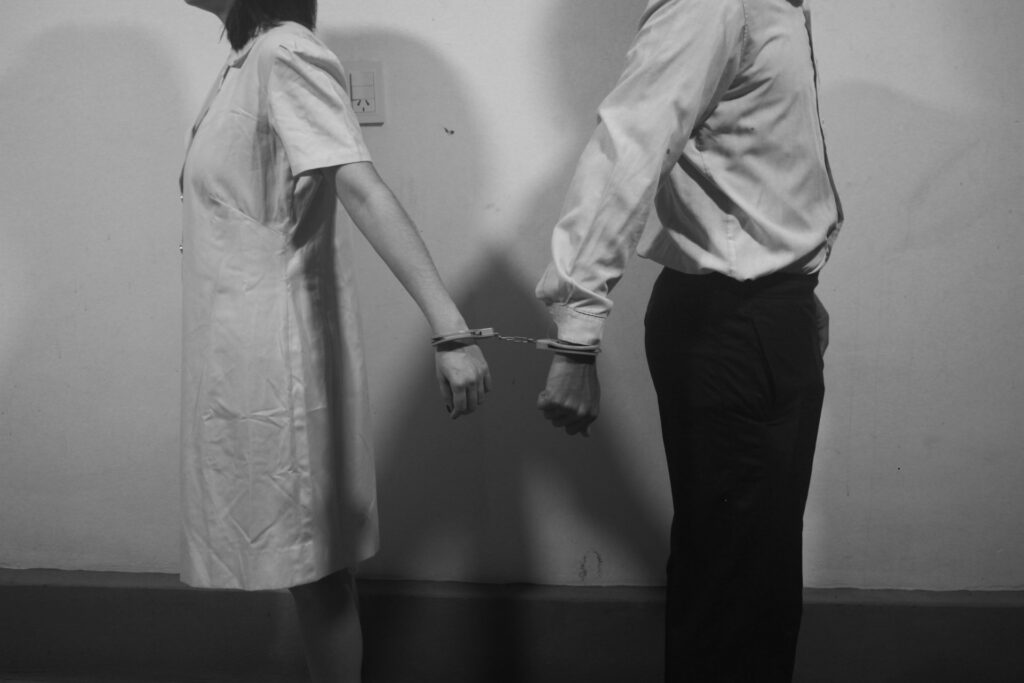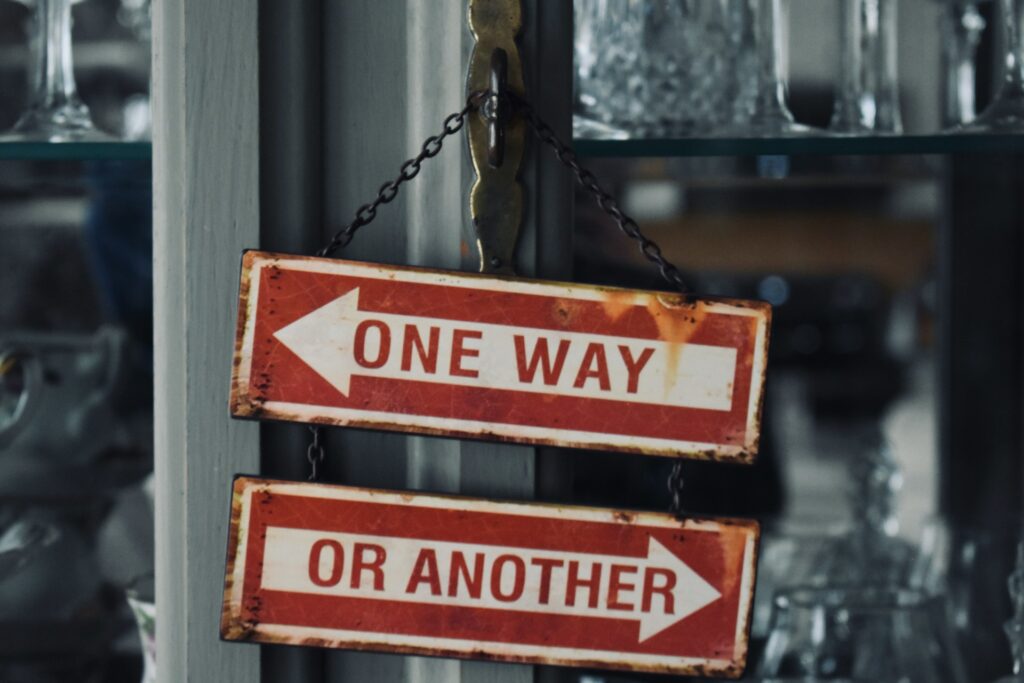Adult responsibility fatigue is a pattern where everyday duties feel heavy and endless. The stress system runs too long, which raises allostatic load, the wear and tear from chronic stress. Executive function, which supports planning, memory, and self-control, tires out. Choices feel harder, patience shortens, and rest does not restore. Early experiences can train the brain to link safety with constant doing. If these signs fit your childhood, the exhaustion you feel today has understandable roots.
1. You Were The Family Problem Solver

You stepped in first and fixed issues fast. Your nervous system learned that safety arrives when you solve. This trains hypervigilance, a constant scan for what could go wrong. Hypervigilance drains attention and steals fuel from focused work. As an adult, you may jump into tasks before others ask, then feel guilty if you pause. The never-off-duty feeling keeps the stress response high and feeds daily fatigue.
2. You Parented Your Caregivers

You soothed adults, managed their feelings, and covered for them. This role reversal is parentification. Love became linked with caretaking. In adult life, you take on more tasks than your share and feel uneasy when you ask for help. The load of emotional labor keeps the stress response active and leaves you spent even on quiet days. Your worth does not depend on constant service; your nervous system simply learned that rule early.
3. You Handled Money Or Logistics Very Young

You paid bills, cooked meals, or supervised siblings. These duties built skill, yet they also taught your brain that safety depends on perfect performance. Under steady demand, planning and task switching burn energy quickly. As an adult, you may overplan, then crash, which reflects decision fatigue rather than failure. Psychologists often group this pattern under instrumental parentification and adultification, where a child performs adult roles and learns to meet high stakes far too early.
4. You Became A Peacekeeper At Home

You read the room before speaking and tried to prevent conflict. This trains suppression, which pushes feelings out of awareness, not out of the body. Tension, shallow breaths, and stomach shifts can follow. In adult life, you spend energy on smoothing and pleasing, which pulls focus from your priorities and keeps tiredness high. When calm depends on constant smoothing, real rest feels unsafe, so the body stays alert even during quiet moments.
5. You Were Punished For Normal Mistakes

Small errors brought harsh reactions, so the brain linked safety with perfect performance. This builds cognitive rigidity, a tight style of thinking that resists change. Rigidity increases the load on working memory because you check each step again and again. In adult life, you triple-check messages, delay decisions, and dread feedback. Constant self-monitoring drains the same fuel you need for real work and raises daily fatigue.
6. You Had To Keep Family Secrets

Privacy meant protection, so you carried stories you could not share. Secrecy teaches compartmentalizing, which splits attention between what you show and what you hide. Split attention reduces bandwidth for planning and creativity. In adult life, you may mask stress and say everything is fine. Masking takes effort, raises stress hormones, and lowers focus. The cost shows up as exhaustion that sleep alone does not fix.
7. You Were Praised Only When Useful

Warmth arrived after chores or helpful acts, so worth and usefulness fused in your mind. In adult life, you chase tasks to feel acceptable and say yes when your body needs no. Duties stack faster than recovery time, so the stress system stays high. Small jobs feel heavy, and a loop of tiredness and guilt grows. You are allowed to rest even when nothing is finished; your value is not earned through output.
8. You Felt Guilty When You Played Or Rested

Play felt wasteful, and rest felt selfish. The nervous system needs low-demand periods to reset. Without them, noise in the system grows, which appears as brain fog and mood swings. You may fill weekends with chores and call it recovery. True recovery needs idleness, novelty, and safe connection. If those were rare in childhood, they can feel unsafe now, which blocks repair and keeps energy low.
9. You Monitored Adult Moods To Stay Safe

You scanned faces, tracked tone, and predicted the next move. This trains threat detection, useful in danger, yet costly when it runs all day. In adult life, you reread messages and replay talks in your head. Your body stays half ready, shoulders up, and jaw tight. Chronic muscle guarding increases pain and drains energy, which the brain reads as a greater threat. The cycle continues until safety becomes a practiced habit.
10. You Lived With Unstable Rules

Limits shifted from day to day, so the right choices were unclear. Uncertainty sensitivity grows in that setting. Uncertainty adds mental load because the mind runs many what-if paths at once. In adult life, you may freeze before making choices, then rush at the last minute. Urgency feels normal, yet it burns fuel fast and leaves you depleted. Steady routines reduce noise and give your brain predictable anchors for daily effort.
11. You Learned To Please Rather Than Ask

Requests felt risky, so you stopped asking and met needs by guessing and giving. In adult life, you avoid hard talks, say yes, then resent it, then crash. Avoidance brings short relief, yet grows long-term strain. Each avoided talk becomes a heavy thought that steals rest. Psychologists describe this cluster as people pleasing, self-silencing, and the fawn response, patterns often tied to anxious attachment, where approval feels safer than honesty and boundaries feel costly.
12. You Confuse Control With Safety

Control felt like the only anchor in chaos, so tight schedules and strict rules brought calm until they snapped. Life shifts and plans change, which drops energy when rules break. The brain spends fuel on prediction and correction instead of creation. Flexible structure protects energy by giving guidance without a tight grip. With practice, small changes feel tolerable, and your system no longer treats every detour like a threat.
13. Your Body Alarms Never Fully Quiet

Sleep is light, heart rate jumps with notifications, and digestion swings. These patterns reflect a stress system trained by early duty. The body keeps score through shallow breathing, clenched muscles, and startle responses. When alarms do not reset, ordinary chores feel like hills. Naming the pattern reduces shame and lowers stress load. Gentle signals of safety, such as slow breaths and warm connection, help the alarms settle over time.
14. You Swing Between Overwork And Shutdown

You push hard for days, then crash and avoid everything. Fear drives output, then the system forces a shutdown. The cycle adds backlog, which adds more fear. Gentle pacing interrupts the loop. Small, steady steps reduce spikes and help the brain trust a new rhythm. Plan tiny goals, include short rests, and stop while you still have energy. Consistent pacing builds capacity without the crash that keeps fatigue alive.
15. Small Choices Feel Strangely Draining

Choosing dinner or a shirt feels heavy because choices pull on working memory and self-control. If baseline stress is high, the pool runs dry sooner, which is decision fatigue. Simple routines free energy for what matters. Decide once for the week, reduce options, and batch small tasks. Fewer inputs mean less load, which helps energy return without the need for strict rules or constant checking and second-guessing.
What You Can Do Now

Name the pattern without blame. Your brain linked duty with safety, which kept you going. Now teach it a new path with tiny steps. Choose one boundary this week, trim one task, and add one real rest habit, such as a short walk without a phone. Use a three-item daily list and share mental load with clear roles and check-ins. If stress feels too heavy, work with a licensed clinician.
Disclaimer: This article was created with AI assistance and edited by a human for accuracy and clarity.

